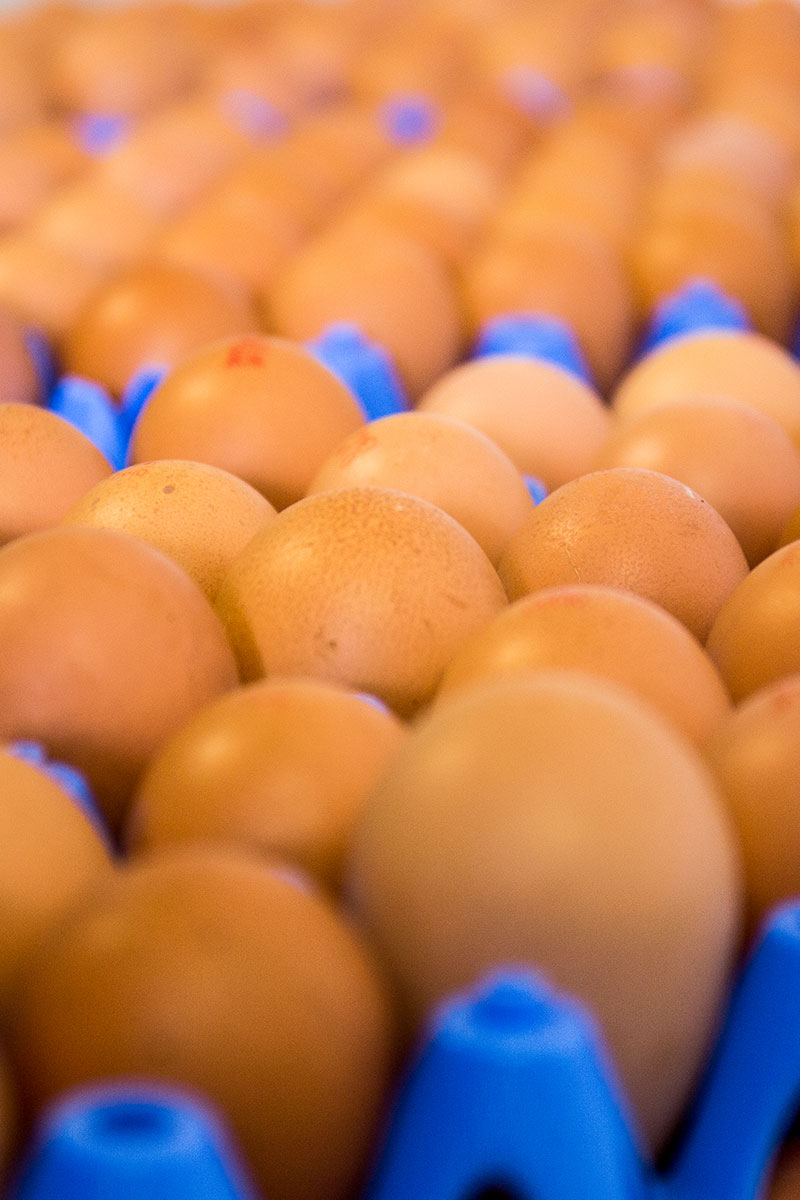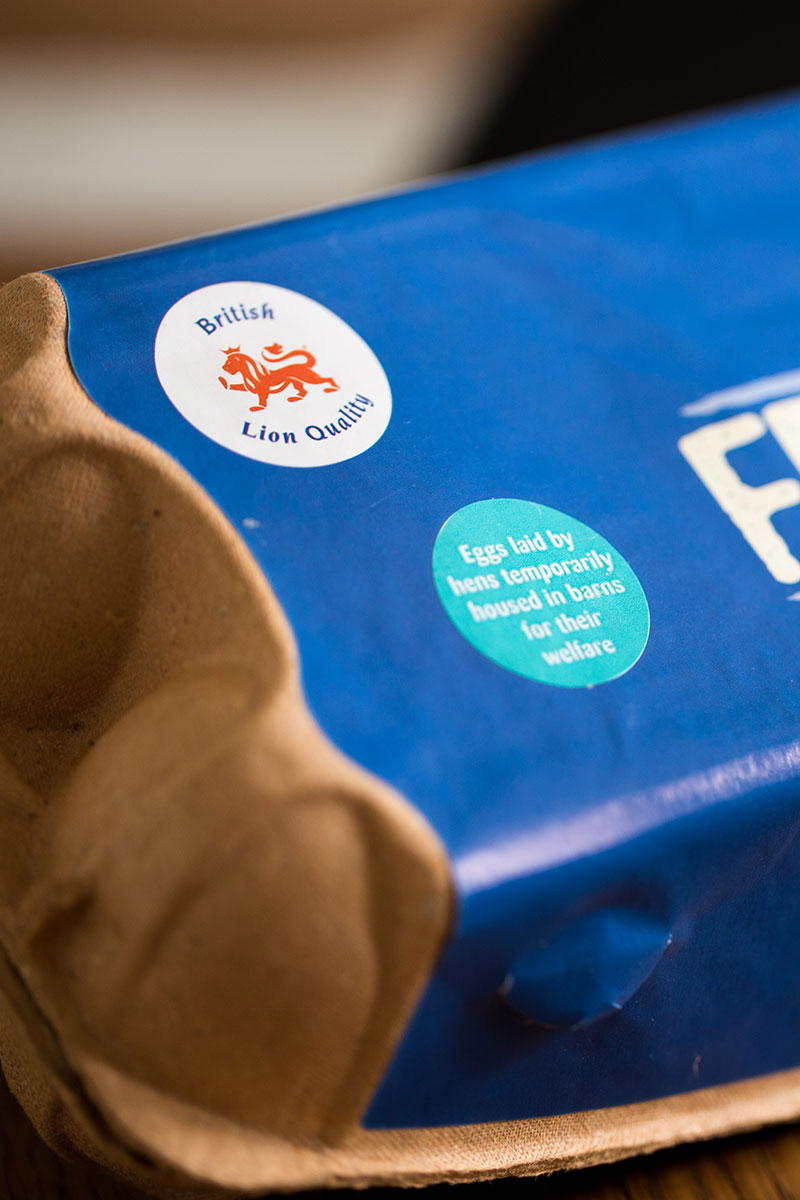Eggs, beautiful eggs. We love eating them, we buy billions of them every year and all have an opinion on the best way to cook them. I’ve recently become an egg-spert on these fascinating storecupboard staples, having spent a few months researching far and wide into how the UK egg market operates on my Food Policy MSc course.
To celebrate the beautiful occasion of submitting this year’s final coursework, I want to share 21 things I discovered whilst writing my research. If you want to know more, just get in touch, there’s about 1001 things I know about eggs now.
21 Things You Didn’t Know About Eggs
1. The UK consumed nearly 12 billion eggs in 2014 and that’s increasing.
2. That’s 185 per person, per year.
3. In the 1960s, it was 250 per person, per year, but that figure slumped by the eighties.
4. 85% of UK egg consumption is produced


